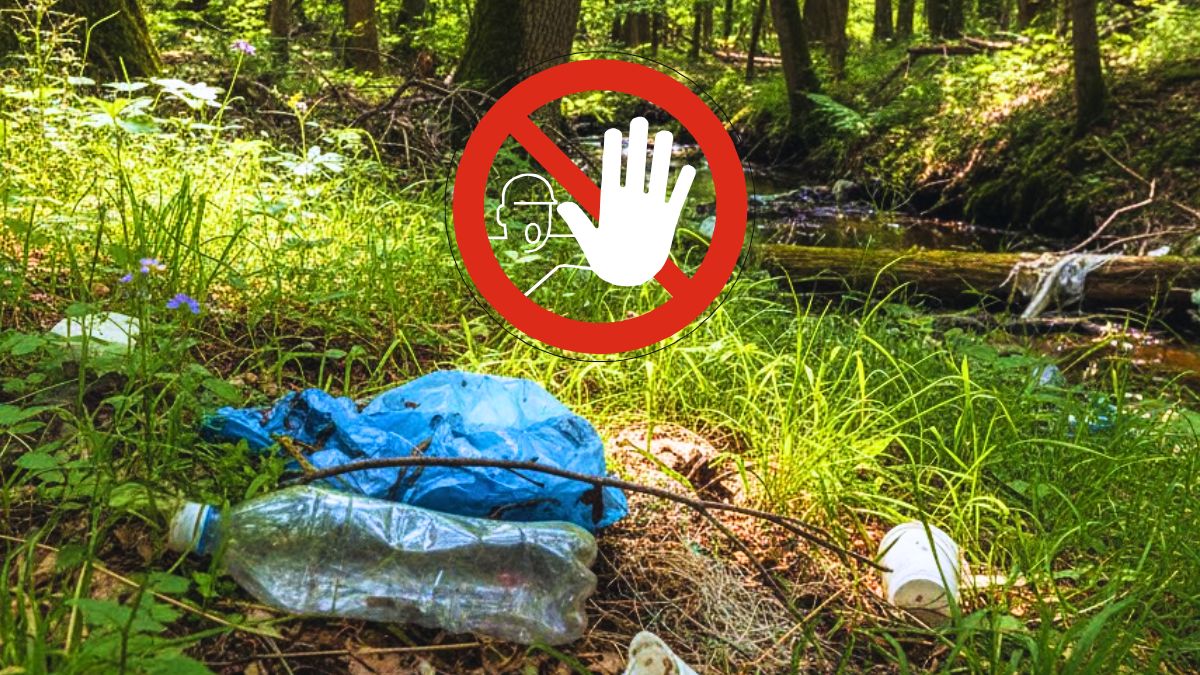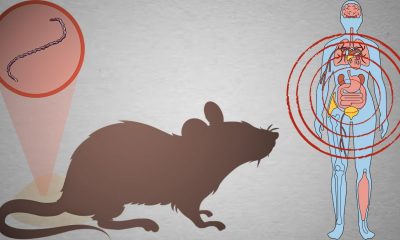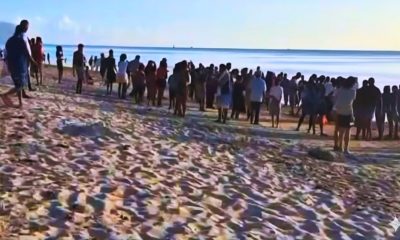LIFE AND STYLE
New Plastic Bag Regulations Enforced: 7.9% Drop in Landfill Waste Not Enough

Mauritius is taking a decisive step in the fight against plastic pollution with the immediate enforcement of new regulations that strengthen the supervision of plastic bags and other single-use items.
The measures, validated by the Council of Ministers some months ago, include the adoption of the Environment Protection (Banning of Plastic Bags) (Amendment) Regulations 2025 and the Environment Protection (Control of Single Use Plastic Products) (Amendment No. 2) Regulations 2025.
Key Regulatory Changes
The government is tightening standards for what counts as ‘plastic’ and addressing confusion over biodegradability.
- The definition of ‘plastic’ has been expanded to cover 14 petroleum-derived materials.
- Bags that fail to meet international standards for biodegradability or compostability will now be treated as conventional plastics to prevent misleading claims.
- The previous requirement banning the use of petroleum derivatives in biodegradable or compostable bags has been removed.
- Two new standards for home composting have been introduced, simplifying the proper disposal of compliant bags in compost bins.
Ongoing Waste Crisis and Historical Context
The move comes as plastic pollution remains a critical national concern.
- Statistics Mauritius data shows that 498,309 tonnes of waste were buried at the Mare Chicose landfill in 2024, a 7.9% decrease from 541,141 tonnes in 2023.
- However, the authorities cite a national generation of over 116,000 tonnes of plastic waste annually, with only 5,000 tonnes recycled. The remainder ends up in the already saturated Mare Chicose landfill.
- A Mauritian resident reportedly produces around 500 kilograms of plastic waste.
This is the latest in a series of environmental controls:
- The use of plastic bags was first intended to be outlawed in 2016 under the Environment Protection (Banning of Plastic Bags) Regulations 2015.
- Since January 15, 2021, the Environment Protection (Control of Single Use Plastic Products) Regulations 2020 have banned several items, including disposable cutlery, plates, cups, drink stirrers, and takeaway food containers.
- Other non-biodegradable plastic bags, such as the small ‘pocket type’ often used for dholl-puris, were banned under the Environment Protection (Banning of Plastic Bags) Regulations 2020.
Industry Transition and Exemptions
Manufacturers and importers are being given additional time to adapt to the full scope of the restrictions.
- A moratorium on the ban for non-biodegradable single-use plastic bowls, cups, and trays has been extended for a year until January 14, 2026.
- The Environment Ministry stated that this extension is intended to give the industrial sector time to complete the transition to plastic-free alternatives.
One key type of plastic remains widely available: Polyethylene Terephthalate (PET) bottles, which account for 17% of the country’s plastic waste.
- The Environment Protection (Polyethylene Terephthalate PET Bottle Permit) Regulations 2001 require companies bottling drinks in PET to hold a permit, allowing authorities to track the volume used in Mauritius.
- An excise tax of Rs 2 is applied to PET bottles under the Excise Act.
- PET products are identified by the number ‘1’ surrounded by triangular arrows on their packaging.
Rodrigues: An Island Example
While Mauritius progresses, the neighbouring island of Rodrigues is highlighted as a model for plastic-waste reduction.
- Rodrigues was among the first Small Island Developing States (SIDS) to ban single-use plastic bags in 2014.
- The Rodrigues Regional Assembly, working with the population, has implemented further measures, including the prohibition of artificial flowers and polystyrene food packaging.
- Rodrigues’ authorities plan further initiatives, including the opening of a dedicated waste sorting centre, specifically for plastics.
Source: Le Mauricien











